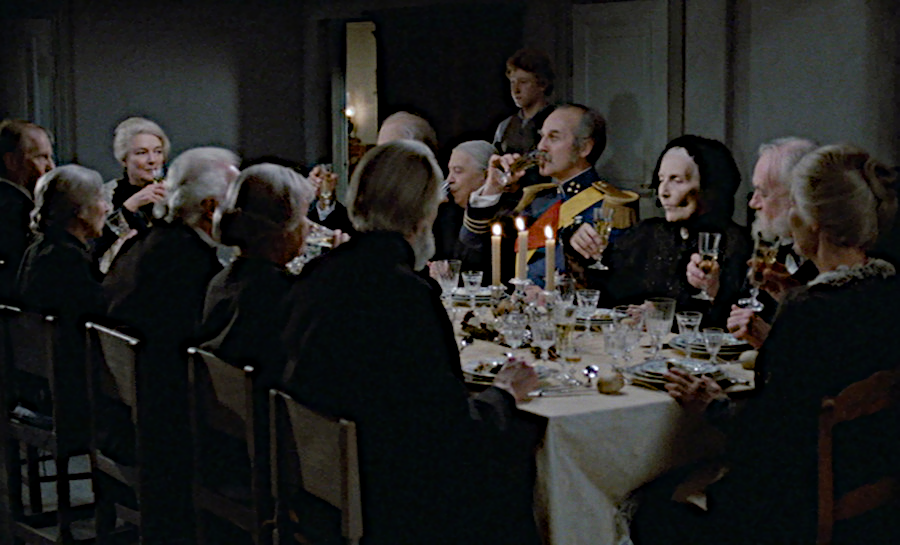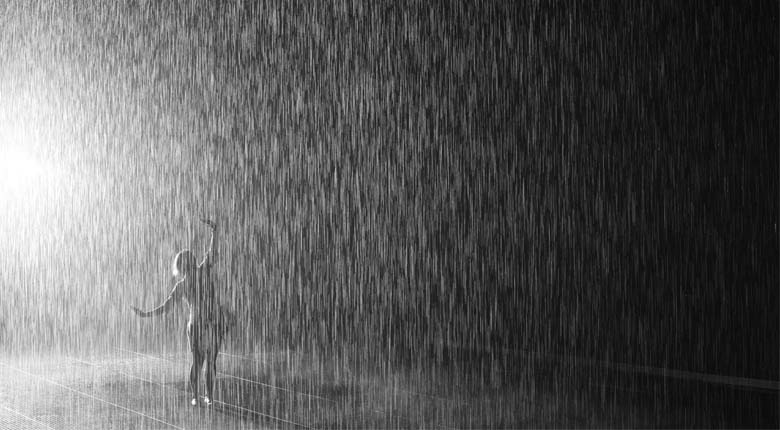
1.
Free the rain
from all your metaphors, comparisons, tropes, turns of phrase
Derrida and all that la-di-da
one hundred black umbrellas opening in concert
tulips, canals, the ancient windmill
Free the rain from Kensington walks
menstrual cramps
yet another parapluie
please, won’t you just leave the rain alone
Free the rain
from the shrieking of the trams, steel rubbed on steel
cobblestones, the man running and running
past the inevitable tulips
lined up for sale
Let it fall
unencumbered

2.
THAT'S NOT WHAT GOD MEANT AT ALL
Two soles of a boy float on the sea
heels to the sky
toes to the deep
the body gone wherever such bodies go
On the shore
a scrawled ‘why’ snaps in the wind
a flag held aloft by his parents
why now
why our son, not yours
why pray at this point
why the double sestinas and the Everly Brothers
why not the Psalms of David
why Y and not X
why the candle as the ceremony starts
why not at the end, to light us home or elsewhere
why elsewhere?
where else?

3.
Your car, the colour of first green rain
sits and watches at the seaside
the tide is in, the tide is going out
I’m never sure, I was not born here
I do know my body, still warm from yours
is not ready to say goodbye
and that car, called Picasso
pale like Jupiter’s foam
will never take us to love.

4.
WE APPROACH THE TABLE
I must eat no meat but my father’s body, oh how it struggles to the house, he needs help, his one leg a piece of narwhale, carved to a smooth point, his other ruddy from the drink, he waves me off with a crutch, I tell him there are people inside who want to talk to you, but he snaps never mind, and I rush ahead to prepare the way, and in the house Babette presides over her Beautiful Feast, she says it’s only you we wish to see, thank you for feeding the anorexic at our party, no-one else would, you heaped her plate with shiny red cabbage and honey-glazed carrots, so good for her eyesight and I blush with the praise, but oh boy, what do I tell my father?

5.
My heart is rain, it pelts down love, all day but harder at night, until the garden shouts, enough, we’ve had enough, nothing grows in these muddy rows, even the worms are dying, still my heart goes on raining and now it pools on the street and roils down the gutter, full of grit and litter, it was clean when it left my heart, I swear, on the sidewalk joggers give it a wide berth, avoid the puddles, they’re deeper than they look, and my heart shouts, what am I supposed to do with it all, and still it keeps raining.

6.
Who drained the deep lakes of Russia
and left nothing but dust to slake
the thirst of Seagulls?
Who killed all the Fathers and Uncles, even Vanya
and forced the Sons to squabble
over adult entertainment, or worse
sit cross-legged in the vestibule
mewling over funding?
Who stole the wheels from Mother’s cart and her Courage
stranding her Children on rickety
chairs
in the middle of the road?
Tell me
Who?

THE WILD CULTURE SCRIBBLER'S QUESTIONNAIRE
1 What is your first memory and what does it tell you about your life at that time and your life at this time?
I am lying in a warm room in Chesley, Ontario, with blankets and soft red light all around. At that time I was a baby. At this time in my life, I think about the first hourglass I ever saw, with sand running into the reservoir below, in the same room. I was five.
2 Can you name a handful of poets who have influenced you — who come to mind immediately?
Patrick Lane and Leonard Cohen (one in each hand, so neither hand is full).
3 Where did you grow up, and did that place and your experience of it help form your sense about place and the environment in general?
I grew up on a farm and hated it: the hard work, the isolation, etc. It was chaotic and unmanageable. Our family income was subject to the weather (especially lack of rain) and the marketplace. I can't seem to stop writing about rain—either too much rain or too little.
4 If you were going away on a very long journey and you could only take four books — one poetry, one fiction, one non-fiction, one literary criticism — what would they be
Poetry: Stranger Music (Leonard Cohen); fiction: Middlemarch (George Eliot); non-fiction: Uncommon arrangements (Katie Roiphe); literary criticism: I don't read such books. They promote toilet training of the creative mind.
5 What was your most keen interest between the ages of 10 and 12?
Collecting rocks.
6 At what point did you discover your ability with poetry?
A creative writing course in 1988.
7 Do you have an ‘engine’ that drives your artistic practice, and if so, can you comment on it?
Theatre and photography; there are a few plays that I go to see again and again (e.g., Who's Afraid of Virginia Woolf); with every production, and at every age and stage of my life, it seems like a different play. With photographs, I like to think about why they are art and not just a clever use of technology.
8 If you were to meet a person who seriously wants to write poetry — someone who admires and resonates with the type of work you do, and they clearly have real talent — and they asked you for some general advice, what would that be?
Travel to foreign countries where you can't speak the language. Learn it as you go along.
9 Do you have a current question or preoccupation that you could share with us?
I continue to puzzle over who gets to publish their stories and who doesn't.
10 What does the term ‘wild culture’ mean to you?
Wild culture is finding a flock of dodos thriving and nesting when the whole world thought they were extinct.
11 If you would like to ask yourself a final question, what would it be?
What has been the happiest moment of your life so far?

SUSAN L. HELWIG has published three poetry collections, most recently "And the cat says..." She is a fill-in pianist at the local Baptist Church. Her favorite hymn is "Shall we gather at the river"—these days hardly ever sung.
PHOTOS: 1. Umbrellas; 2. Everly Brothers' necks; 3. Rain on ocean; 4. Scene from Babette's Feast; 5. From 'Rain Room', a MOMA exhibition, 2013.

Add new comment